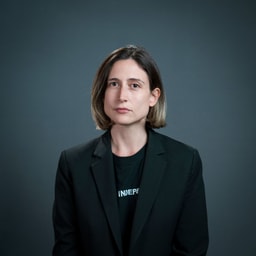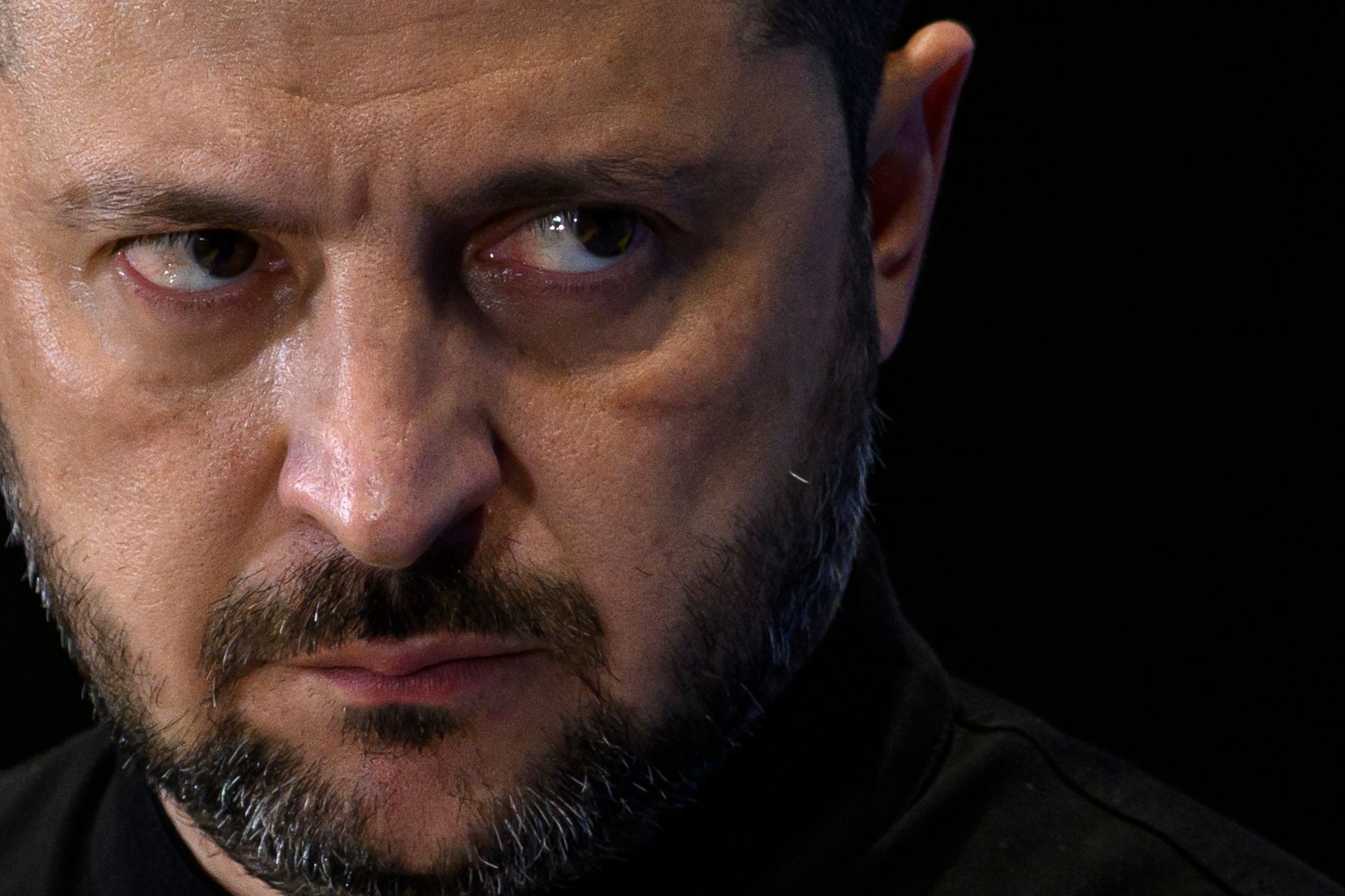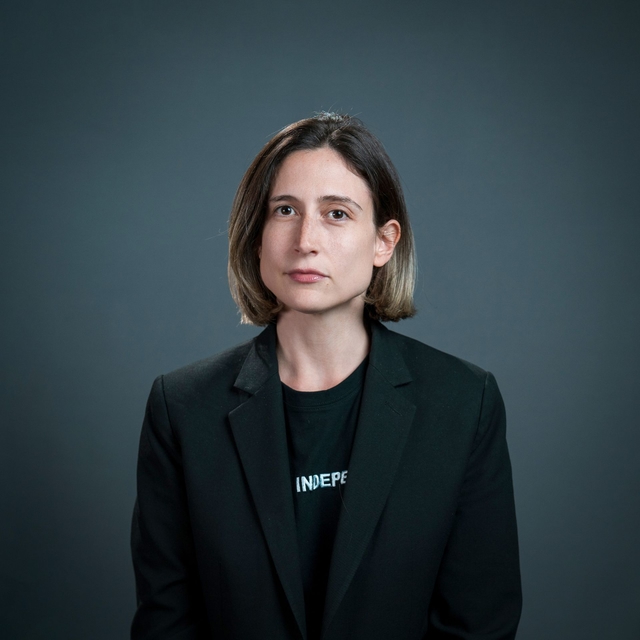Ukraine’s economic crimes bureau remains leaderless amid government interference

Ukraine's economic crimes agency is still without a head following a controversial selection process, raising fresh concerns about the government's commitment to anti-corruption and international obligations.
After the Cabinet of Ministers rejected an independent commission's nominee to lead the Bureau of Economic Security — a move lawmakers, activists, and businesses have called unlawful and politically motivated — the commission reaffirmed its choice on July 14, returning the government’s request for a new vote during a meeting streamed online.
The Bureau of Economic Security, established in 2021 to investigate economic crimes, has since come under fire for allegedly being used to pressure — and in some cases extort — businesses, prompting repeated calls for its reform.
As part of efforts to overhaul the agency, the commission — which is comprised of both Ukrainian and international members — nominated anti-corruption investigator Oleksandr Tsyvinsky to head the bureau on June 30. All three Ukrainian delegates opposed Tsyvinskyi’s nomination, but were overruled by the unanimous vote of the three international members.
Ukraine's government then rejected the candidate, citing alleged Russia ties presented in a letter from Ukraine's security services, and demanded the commission submit two other candidates.
Appointing a new agency director by July's end is required under Ukraine's commitments to the EU and the International Monetary Fund (IMF) for international aid to the war-affected nation. According to the law creating the Economic Security Bureau, the government has 10 days to appoint the candidate put forward by the commission.
According to a legal analysis by opposition lawmaker Yaroslav Zhelezniak’s team — who co-authored the legislation governing the selection of bureau's leadership — there is no mechanism to reject a properly nominated winner.
The lack of international pushback is emboldening Ukrainian officials to walk away from key reform commitments, seen already in stalled court and customs reform, the controversy surrounding the Bureau of Economic Security, and also now the trumped-up charges brought against well-known anti-corruption activist Vitaliy Shabunin, Zhelezniak said.
"It’s clear the situation will only get worse — I’m sure the next step will be an attack on anti-corruption bodies," Zhelezniak told the Kyiv Independent.
According to Zhelezniak, Ukraine's international partners among the Group of Seven (G7) nations, the EU, and international financial institutions like the IMF have been silent on these issues.
"There was no strong feedback from the G7, IMF, or EU — everyone was very cautious to criticize and nobody even raised this issue," Zhelizniak told the Kyiv Independent.
"The U.S. administration is watching less and others have found an excuse in saying that there is no unity in G7, so what can we do."
The presidential administration under Donald Trump has signaled that the war between Ukraine and Russia is less of a priority for the U.S., as it looks to focus on other crises in the Middle East and its relations with China.
The government said it had rejected Tsyvinsky over alleged security concerns related to his estranged father living in Russia and holding a Russian passport.
But Tsyvinsky, known for exposing schemes involving illegal land seizures in Kyiv, holds clearance for state secrets and has passed special vetting, backed by over 20 years in law enforcement, including nearly a decade at the National Anti-Corruption Bureau of Ukraine (NABU).
During the meeting, the commission emphasized that information about the alleged Russian passport of Tsyvinsky's father has been known for a long time.
"In this letter, there was no information that was unknown to us prior to receiving this letter. Basically, all the information which was in the (state security service's) letter (on Tsyvinsky's Russian ties) was considered by the commission during the decision-making process," said Donatas Malaskevicius, a member of the commission, during the meeting on July 14.
Tsyvinsky himself previously said that he has not maintained contact with his father for ten years.
During the July 14 session, the commission unanimously supported the decision not to conduct a repeat vote and returned the government's letter with this demand.
"The selection commission had already completed its mandate — our work is finished. We have taken all steps mandated by law," said Laura Stefan, chair of the Economic Security Bureau Head Selection Commission.
"I see no possibility for the commission to return to any earlier stage of the competition. We have reached our decision and submitted our recommendation to the Cabinet of Ministers in accordance with current Ukrainian law."
The commission emphasized that they are returning the government's request documents rather than resubmitting a candidate to avoid violating procedures.















